Recently, Nicole Kidman took a sly jab at Martin Scorsese for lacking female leads in his films, sparking a renewed debate on does Scorsese really lack powerful female leads?
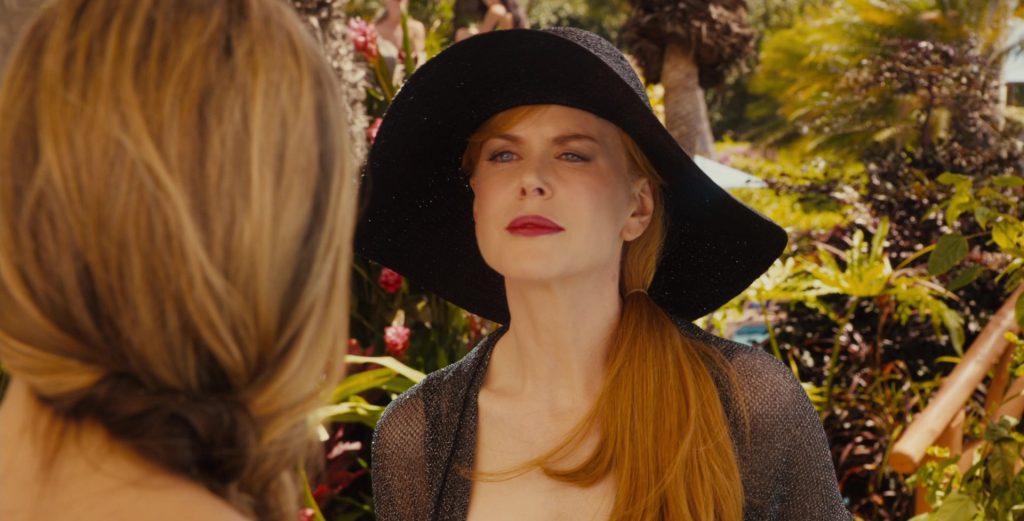
While it’s not exactly a new topic, Scorsese has been peppered with this question for years, and his responses have been pretty blunt. So, let’s put this debate to rest once and for all with a list of powerful female leads that prove otherwise.
Nicole Kidman Subtly Slams Martin Scorsese!
Nicole Kidman has truly done it all, building an impressive career working alongside some of the best names in the industry every actor dreams of. In her AFI Lifetime Achievement Award speech, she highlighted directors who “took a bet” on her, including Stanley Kubrick, Sofia Coppola, Gus Van Sant and many more.
Thus, in a recent Vanity Fair interview, when the actress was asked about directors she still hopes to collaborate with. That’s when she casually made a comment that many interpreted as a subtle dig at Martin Scorsese. She said,
I’ve always said I want to work with [Martin] Scorsese, If he does a film with women.
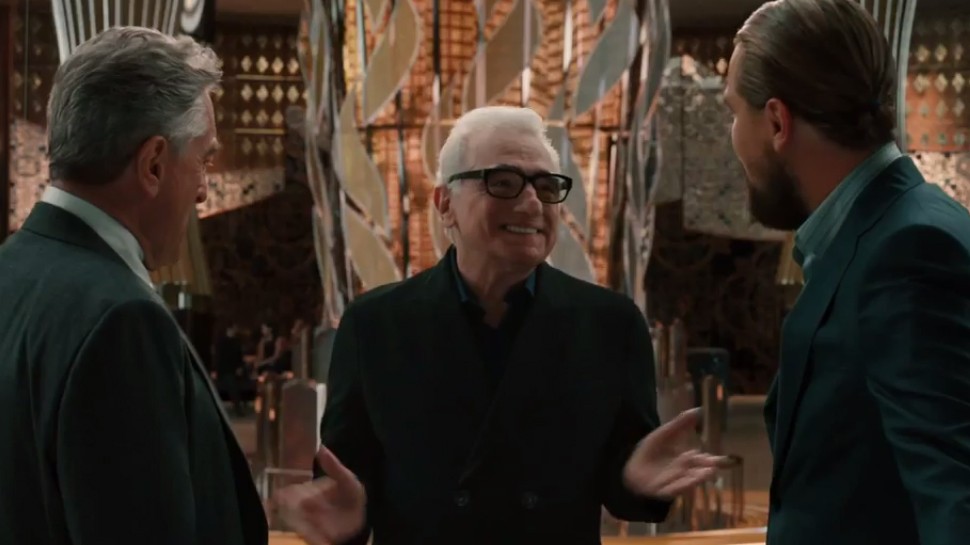
While Martin Scorsese does have a few films with strong female leads, like Alice Doesn’t Live Here Anymore, which earned Ellen Burstyn an Oscar, Boxcar Bertha with Barbara Hershey, and New York, New York with the iconic Liza Minnelli, Kidman does have a point, most of his filmography is still dominated by male-driven stories. Here is what fans are saying,
Yeah, it’s crazy but Tarantino has better female lead representation
— In This Corner Of The Internet (@inthiscorner01) November 14, 2024
Apart from Alice Doesn’t Live Here Anymore, practically all of Scorsese’s films have been male-focused, and that’s perfectly fine. He’s entitled to tell the stories he wants to tell and shouldn’t be scorned for that, but I also appreciate why Kidman might prefer playing the lead.
— Johnny Gobbs (@bragorra2692600) November 14, 2024
I love Marty but Lily gladstone and Sharon Stone lost at the oscars because of the lack of screentime.
His recent filmography heavy male focused— flavio_02 (@flavio_b02) November 14, 2024
This is embarrassing. It should be obvious Kidman did not mean that Scorsese has never had a single woman in his films. He’s just almost never bothered to tell their stories.
— Mae West’s ghost (@maewestsghost) November 14, 2024
let’s be real here and look at the women in the films, their screen time and their story focus, even with killers last year, most of the story and progression fell on Ernest 🤷🏻♀️
— kermit’s best friend 🇵🇸 (@bianime) November 14, 2024
Goodfellas, The Wolf of Wall Street, Taxi Driver, Gangs of New York, the pattern is pretty clear. But does a director always need to create female-led films to showcase powerful female characters?
Ending the Martin Scorsese Female Lead Debate Once and for All!
In Scorsese’s films, the story is always the true hero, this is something that is prevalent throughout his work. While he may not label his films as strictly male-centric or female-centric, the dynamics between characters certainly highlight these distinctions. With that in mind, here’s a list of movies that showcases the depth and strength of female characters in his films.
While much has been said about his “female-centric” films, as mentioned earlier in this article, here’s a collection of fully fleshed-out female roles that managed to steal the spotlight in his “male-centric” movies.
The Age of Innocence

Many often overlook this masterpiece when debating Scorsese’s treatment of female characters. His 1993 adaptation of Edith Wharton’s novel The Age of Innocence showcased two powerful roles for Michelle Pfeiffer and Winona Ryder.
Their characters were not just well-written but essential to the story, serving a clear purpose. It’s thus one of the many shining example of Scorsese’s movies have fine woman, even in his more traditionally male-centric films.
The Wolf of Wall Street
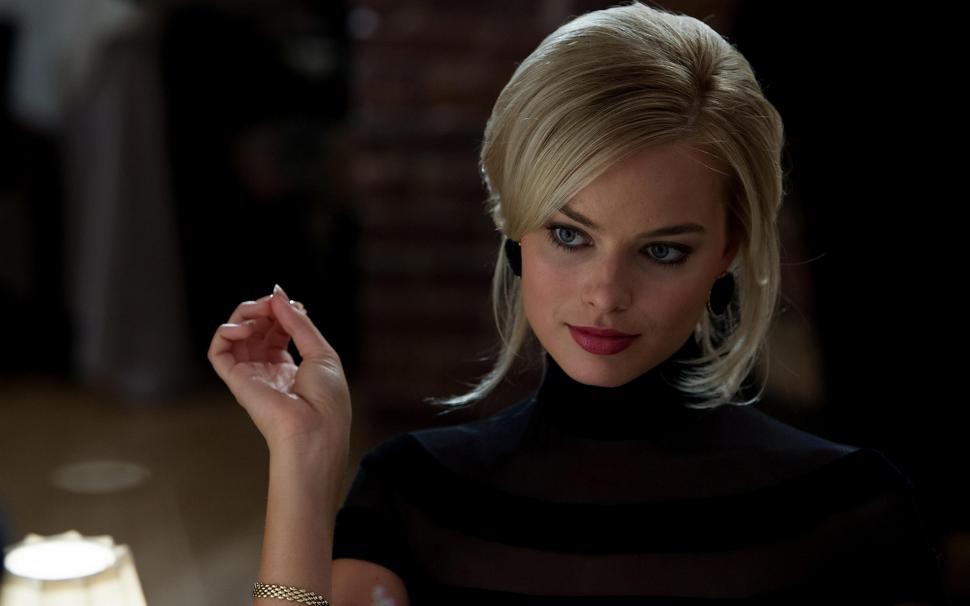
In The Wolf of Wall Street, Margot Robbie’s performance was nothing short of magnetic, making audiences fall in love and fear her for her capabilities at the same time. She brought to life Naomi Lapaglia, a woman who, despite being surrounded by powerful men, masterfully and essentially played them like fiddles.
Moreover, Robbie’s portrayal shattered the typical “dumb blonde” stereotype, proving her character was far more than just a pretty face. This role is yet another example of Scorsese’s ability to craft complex, strong female characters, who not only hold their own but thrive in the male-dominated worlds of his films.
The Aviator
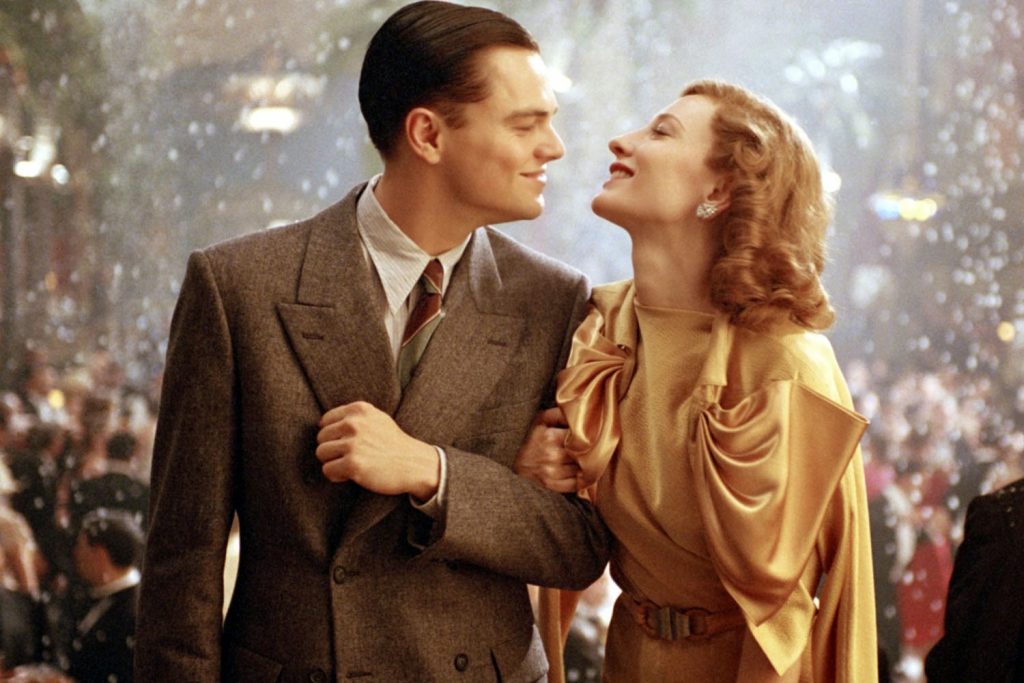
The sheer magic of Cate Blanchett’s transformation into Katharine Hepburn in The Aviator is beyond words. What’s even more impressive is that her performance doesn’t rely on any showy “Oscar moment”, no tearful monologues or dramatic outbursts that typically snag the Academy’s attention.
Instead, Blanchett brings Hepburn to life in all her quirky, complex glory, happy, sad, playful, and angry, blending it all seamlessly. It’s not about big, flashy emotions; it’s just a woman, a person, is Katherine Hepburn. So perfectly written, yet often goes under the radar!
Casino
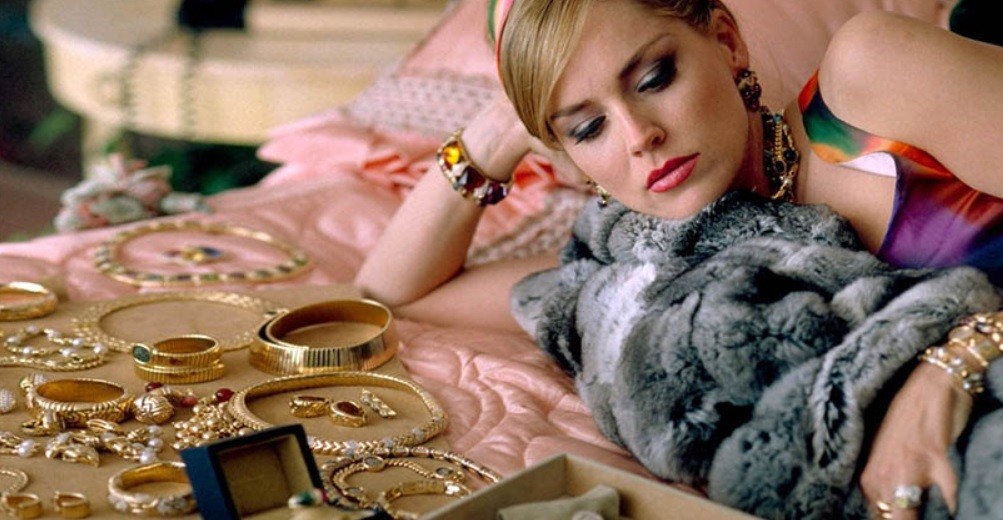
And finally, Sharon Stone in Casino, a performance that cemented her legacy. Her portrayal of Ginger not only won her a Golden Globe for Best Actress but also earned an Academy Award nomination. Casino became more than just a film, there is no doubt it did wonders for Stone’s career, with her unforgettable performance stealing the show. Directed by Scorsese and supported by a stellar cast, Stone’s turn as Ginger remains one of the most iconic of the ’90s, proving she was truly the heart of the film.
On a separate note, the director has also weighed in on this debate before, famously saying at the Rome Film Festival (via THR),
No. That’s not even a valid point. That’s not valid, I can’t… That goes back to 1970. That’s a question that I’ve had for so many years. Am I supposed to? If the story doesn’t call for it…It’s a waste of everybody’s time. If the story calls for a female character lead, why not?
This came after the internet was discussing The Irishman, which faced criticism for sidelining its most significant female character, Peggy Sheeran, played by Anna Paquin. Despite being a key role, Paquin’s character spoke only seven words throughout the entire 209-minute film.
Thus, the claim that Martin Scorsese’s films lack strong female leads is a bit of a stretch. Even in his male-dominated stories, the women still manage to steal the spotlight. At 81, Scorsese isn’t sure how much more he’ll be able to do, but one thing’s for certain, he’s eager to tell an intriguing story with a powerful female lead, if the right opportunity comes his way.
